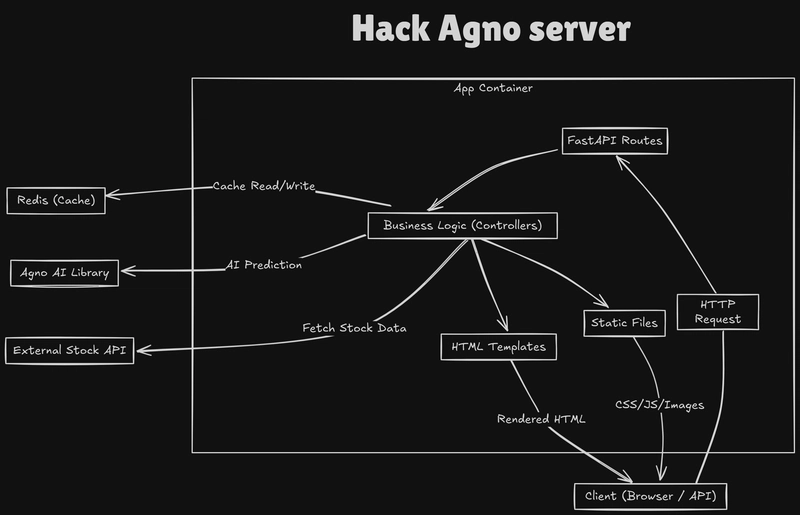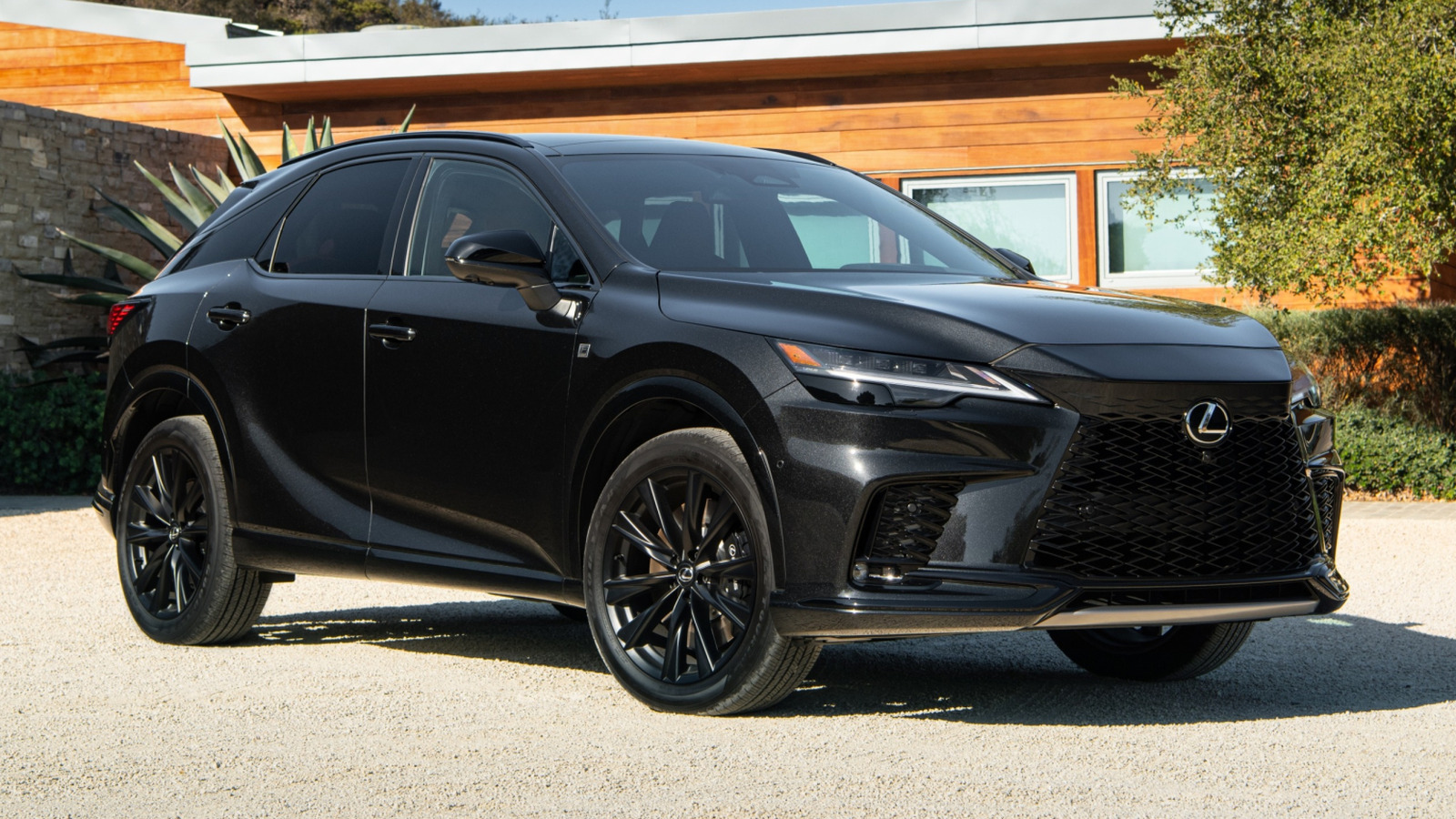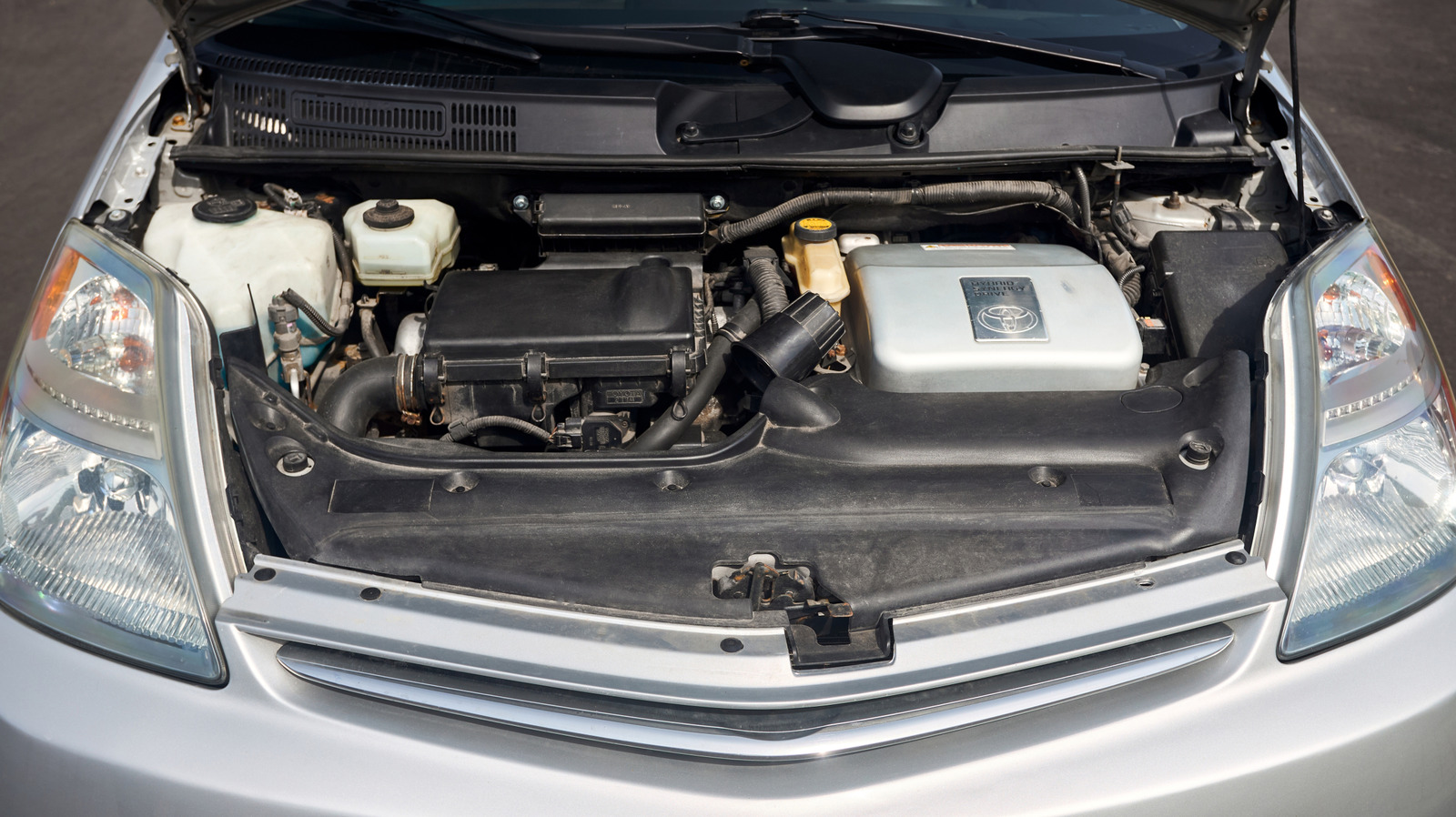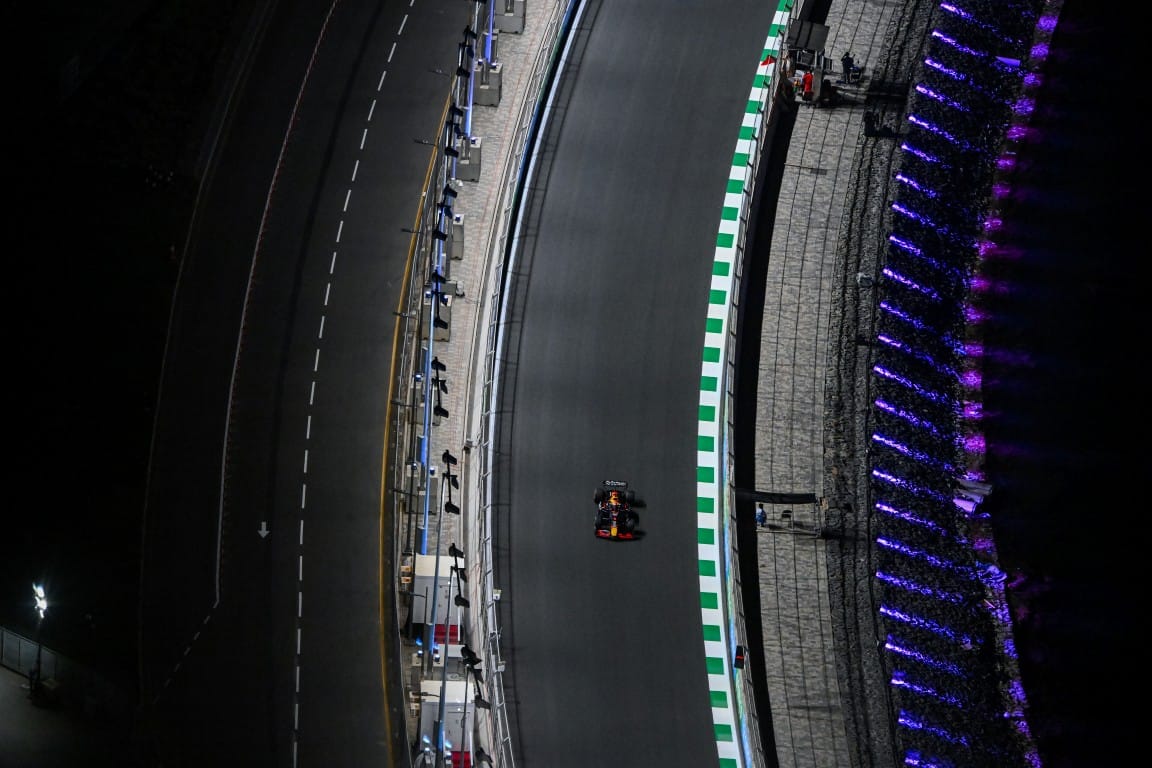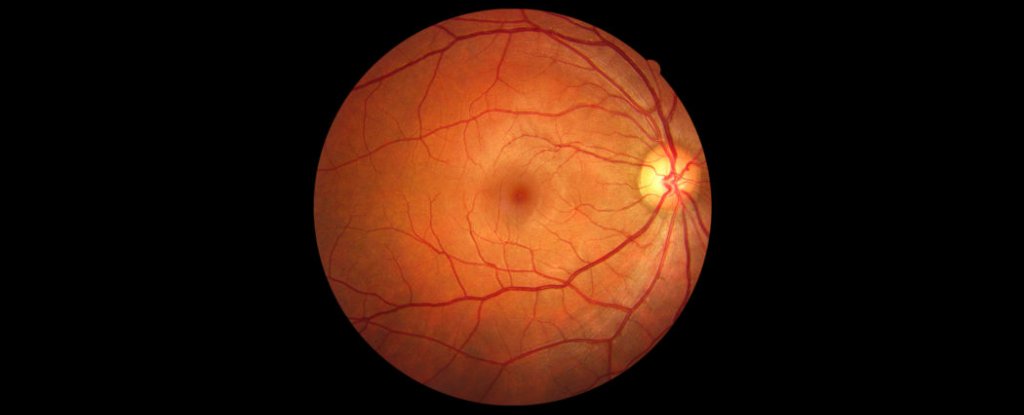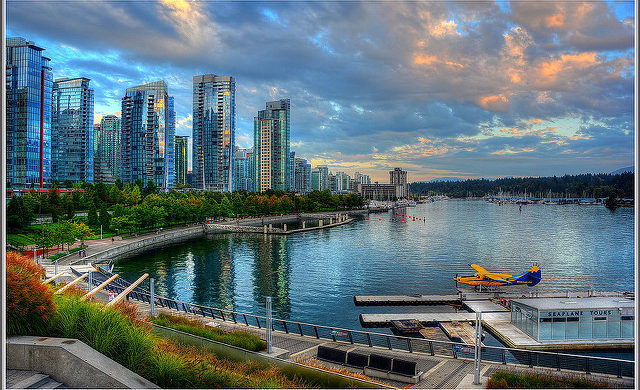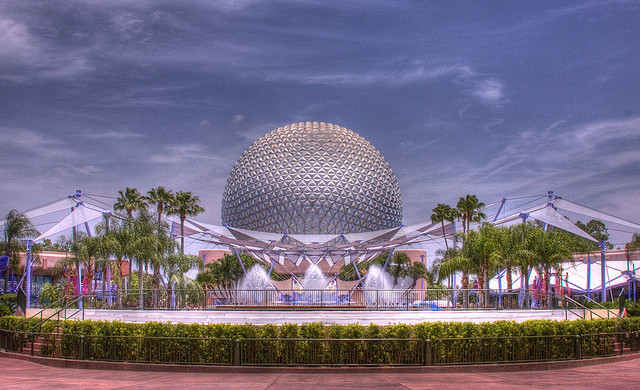Blackmagic Design halts US factory plans due to concerns over tariffs
Image: Blackmagic Design Blackmagic Design, an Australian company known for its professional cinema cameras and DaVinci Resolve editing software, had ambitious plans to expand into American manufacturing with a new factory in Dallas, Texas. However, thanks to the newly introduced US tariffs, those plans have hit a snag. The company had hoped US-based production would strengthen ties with American semiconductor firms and streamline its supply chain. However, BlackMagic spokesperson Patrick Hussey told The Verge that the broadly applied tariffs have made the move financially unviable. While parts like semiconductors and the PCBs used in Blackmagic's cameras are sourced from US companies, many are still manufactured overseas and are subject to tariffs. "If we proceed with the US factory, we'd incur tariffs on those parts, increasing costs and negating the savings we anticipated," Hussey said. This exact dilemma reflects a broader issue facing companies with global supply chains. Though the tariffs were intended to encourage domestic manufacturing, many businesses report they'd be better off moving operations to countries with lower tax burdens. A survey conducted by CNBC found that 61% of businesses favored relocating to low-tariff countries over the US. 81% said they'd automate US production rather than hire workers. "Production of some product lines has been relocated to reduce the impact on our customers" Blackmagic has already passed on some of the additional costs to consumers, with the prices of certain products rising in the US. For example, the new Pyxis 12K camera, initially listed for $5,000, jumped to $6,600 before settling at $5,500 after Blackmagic shifted production to mitigate tariff impacts. Prices elsewhere in the world remain unchanged. "We operate factories in several countries, so production of some product lines has been relocated to reduce the impact on our customers," Hussey explained, noting that the company is holding off on a US factory decision for now. If more components begin production domestically, the plan may be revived. While the current administration recently added smartphones, computers and other electronics to a temporary list of tariff exemptions, cameras and related equipment were omitted. Commerce Secretary Howard Lutnick warned that the exemptions are not permanent and that new tariffs targeting the semiconductor industry, for example, could be introduced in a month or two. Policy indecision like this adds even more uncertainty for companies like Blackmagic.

 |
| Image: Blackmagic Design |
Blackmagic Design, an Australian company known for its professional cinema cameras and DaVinci Resolve editing software, had ambitious plans to expand into American manufacturing with a new factory in Dallas, Texas. However, thanks to the newly introduced US tariffs, those plans have hit a snag.
The company had hoped US-based production would strengthen ties with American semiconductor firms and streamline its supply chain. However, BlackMagic spokesperson Patrick Hussey told The Verge that the broadly applied tariffs have made the move financially unviable.
While parts like semiconductors and the PCBs used in Blackmagic's cameras are sourced from US companies, many are still manufactured overseas and are subject to tariffs. "If we proceed with the US factory, we'd incur tariffs on those parts, increasing costs and negating the savings we anticipated," Hussey said.
This exact dilemma reflects a broader issue facing companies with global supply chains. Though the tariffs were intended to encourage domestic manufacturing, many businesses report they'd be better off moving operations to countries with lower tax burdens. A survey conducted by CNBC found that 61% of businesses favored relocating to low-tariff countries over the US. 81% said they'd automate US production rather than hire workers.
"Production of some product lines has been relocated to reduce the impact on our customers"
Blackmagic has already passed on some of the additional costs to consumers, with the prices of certain products rising in the US. For example, the new Pyxis 12K camera, initially listed for $5,000, jumped to $6,600 before settling at $5,500 after Blackmagic shifted production to mitigate tariff impacts. Prices elsewhere in the world remain unchanged.
"We operate factories in several countries, so production of some product lines has been relocated to reduce the impact on our customers," Hussey explained, noting that the company is holding off on a US factory decision for now. If more components begin production domestically, the plan may be revived.
While the current administration recently added smartphones, computers and other electronics to a temporary list of tariff exemptions, cameras and related equipment were omitted. Commerce Secretary Howard Lutnick warned that the exemptions are not permanent and that new tariffs targeting the semiconductor industry, for example, could be introduced in a month or two. Policy indecision like this adds even more uncertainty for companies like Blackmagic.















